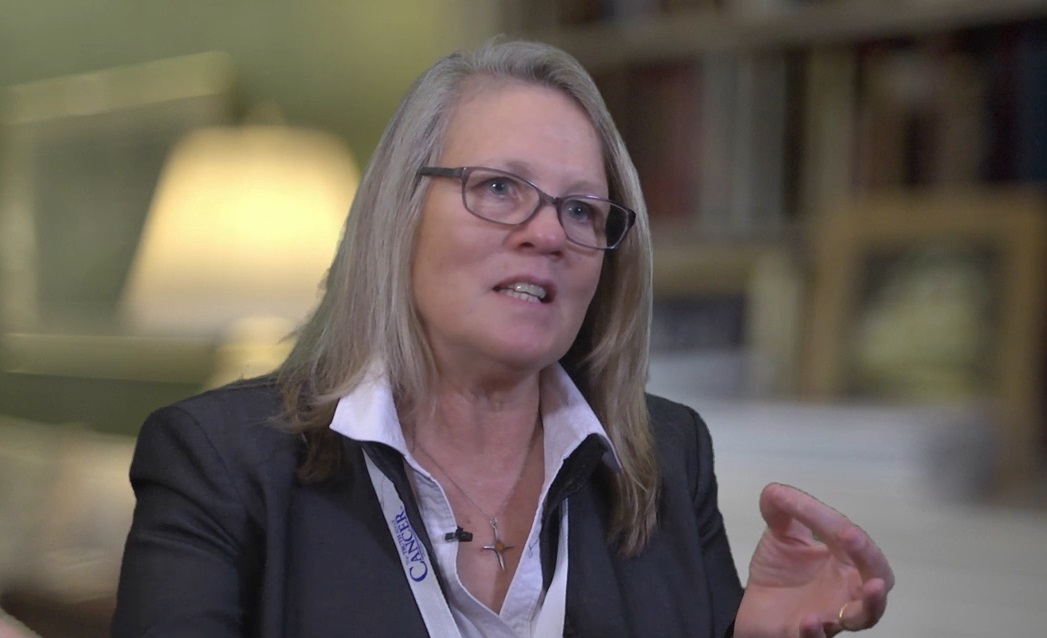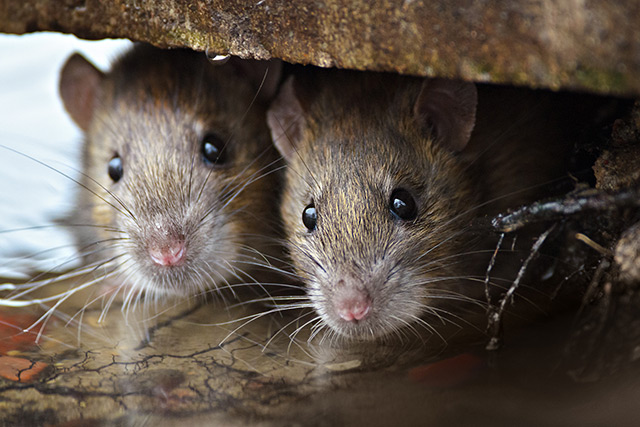Cloud seeding blamed for repeatedly causing severe floods in Tasmania
04/17/2024 / By Kevin Hughes

Residents are blaming cloud seeding for the massive flooding events in Tasmania, an island state of Australia.
Cloud seeding is a weather modification technique that improves a cloud’s ability to create rain or snow by introducing small ice nuclei into certain kinds of subfreezing clouds. These nuclei supply a base for snowflakes to form. After cloud seeding happens, the newly formed snowflakes instantly grow and fall from the clouds back to the surface of the Earth, raising snowpack and streamflow.
And just recently, a post from the social media platform X (formerly Twitter) recalled the historic flooding that happened in Tasmania almost eight years ago. (Related: Historic California flooding KILLS 3, keeps 38M under flood alerts.)
“CLOUD SEEDING – Residents in Tasmania are demanding to know why Cloud seeding was allowed to happen, the day before the worst floods in 40 years!” said the post of X user @ArtemisForNow who also showed a 2016 video clip from the Australian TV network 7News.
In the 2016 floods, Hydro Tasmania, the state’s government-owned energy company, carried out cloud seeding operations over the Derwent River the day before the flooding began. The subsequent floods killed three people and caused more than AU$180 million ($115.46 million) in damages.
Tasmania still suffering due to regular flooding
In another possible deployment of dangerous cloud seeding weather modification technology, massive rainfall caused heavy flooding centered in the town of St Helens in Tasmania’s northeast coast.
The flooding occurred in late February, with Luke Johnston of the Australian Bureau of Meteorology saying that the St Helens airport reported a record-high 145 millimeters of rainfall (5.7 inches).
The flooding blocked several roads, including the Tasman Highway, and caused damage to local infrastructure, including the St Helens District High School building, which had to be shut down for several days as authorities assessed the damage the floods caused.
The St Helens Marine Rescue reported that its base was “struck by lightning” during the storm, causing significant damage. Tasmania State Emergency Service Director Mick Lowe said emergency teams had to respond to nearly 30 calls for assistance, with some of those calls coming from two residences heavily impacted by flooding. Tasmania Police also had to put out a statement due to the unusually high number of Tasmanians who thought they could drive through flooded roads, warning that even shallow water could pose significant risks for vehicles and drivers.
Lowe further reported that rainfall also affected the nearby towns of Beaumaris and Scamander. The rainfall and flooding also caused power interruptions in the aforementioned towns as well as in Binalong Bay, Falmouth and The Gardens.
Heavy rain is expected to continue wreaking havoc throughout Tasmania, as well as most of eastern Australia in the states of Victoria and New South Wales. Meteorologist Tom Saunders, reporting for ABC News, noted how the heavy rainfall “is reminiscent” of the cloud seeding-caused rainfall that damaged eastern Australia in the storm seasons of 2020 to 2022.
This coming season could be worse due to the possible emergence of La Niña, which would significantly increase flood risks until early 2025.
Follow Geoengineering.news for more stories about cloud seeding and other weather modification operations.
Watch this clip showing how similar cloud seeding weather modification techniques wreaked havoc on Dubai in the United Arab Emirates.
This video is from the Vampire Slayer channel on Brighteon.com.
More related articles:
Company now offering cloud seeding services to control the weather.
Weather modification programs have been run by the US government since 1953.
Sources include:
Submit a correction >>
Tagged Under:
Australia, big government, chaos, chemtrails, Climate, climate science, cloud seeding, Ecology, environment, flooding, geoengineering, heavy rainfall, national security, natural disasters, panic, Tasmania, terraforming, weather, weather control, Weather modification, weather terrorism
This article may contain statements that reflect the opinion of the author

















